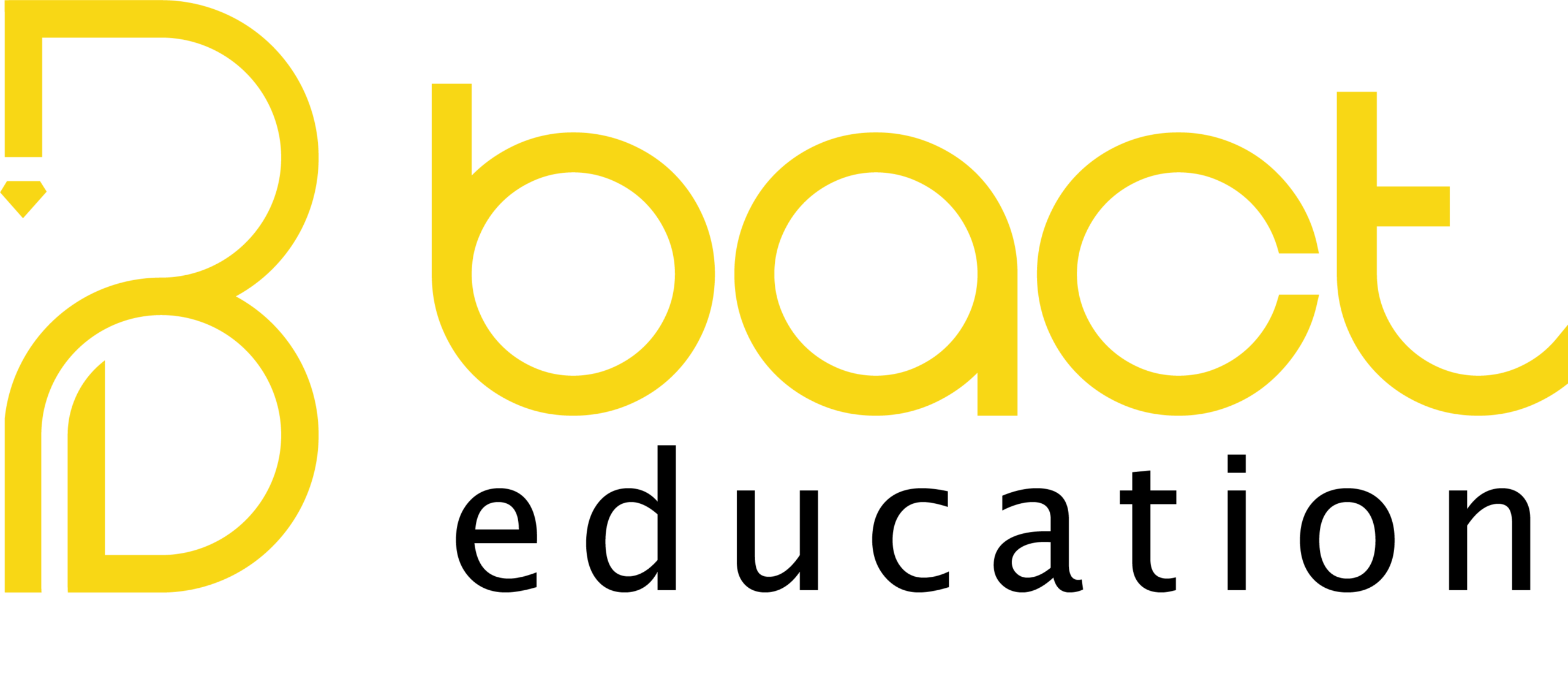Quality assurance in educational institutions
How to IQA against Processes
Good education has standards that serve as a measure for judging its progress and development. There are rules and foundations that must be met for the product to be considered good, because something doesn’t come from nothing. As the Arabic proverb says, “Give the land, and it will give you back.” The Gestalt theory affirms in its principle of “the land and form” that the foundations are essential for product quality. This includes the school building, curriculum, teacher, tools, educational materials, and other inputs and processes that lead to a good output (graduate) capable of fulfilling their cognitive, human, and scientific duties, both on an individual and social level.
Thus, the focus on quality has evolved to concentrate on the mechanism for applying its standards, making them more comprehensive and clear for the drawn-up plans. This awareness should be understood by those implementing educational policies and monitoring their programs during implementation. It should then be clearly defined in the form of actionable steps that can be executed by those working in educational institutions, especially administrators and teaching staff, who are directly responsible for everything related to the educational process. This has sparked the interest of those working in education, prompting them to explore its various aspects for advancement. Consequently, education transforms from being traditional into a product of knowledge that keeps pace with the current era, which is characterized by tremendous progress in various fields related to human life.
- Understand the Principles and Practices of Internally Assuring the Quality of Assessment.
- Internal Quality Assurance of Assessment Processes and Practice
The Centre Development Course is essential for centres as it ensures a thorough understanding of the principles and practices needed to internally assure the quality of assessment. By providing clear and actionable guidelines, the course helps centres implement robust internal quality assurance mechanisms, significantly benefiting both the centre and its learners.
For centres, this means maintaining high standards of assessment integrity and reliability, enhancing their reputation and trust within the academic community. For learners, it ensures fair and accurate assessments, fostering a more reliable and credible educational experience that supports their academic and professional growth.
The functions of Internal Quality Assurance
Internal Quality Assurance (IQA) should ensure the quality of learning, reliability of assessment decisions, be fair to all learners and uphold the credibility of the qualification and organisation. Quality assurance is therefore a system of maintaining and improving standards and should be included from the planning stage through to completion of the programe. Evaluation should take place through all aspects of assessment and quality assurance to identify actions which can improve the programe for the future.
Quality Assurance System
Internal Quality Assurance forms part of a Quality Assurance System and is the process of reviewing and evaluating assessment practices and decisions. Internal quality assurance is a process which ensures that:
- All learners are assessed accurately, fairly and consistently to the right standard
- There is a continuous review of all related processes from course development to claiming certification
- Good practice is promoted

